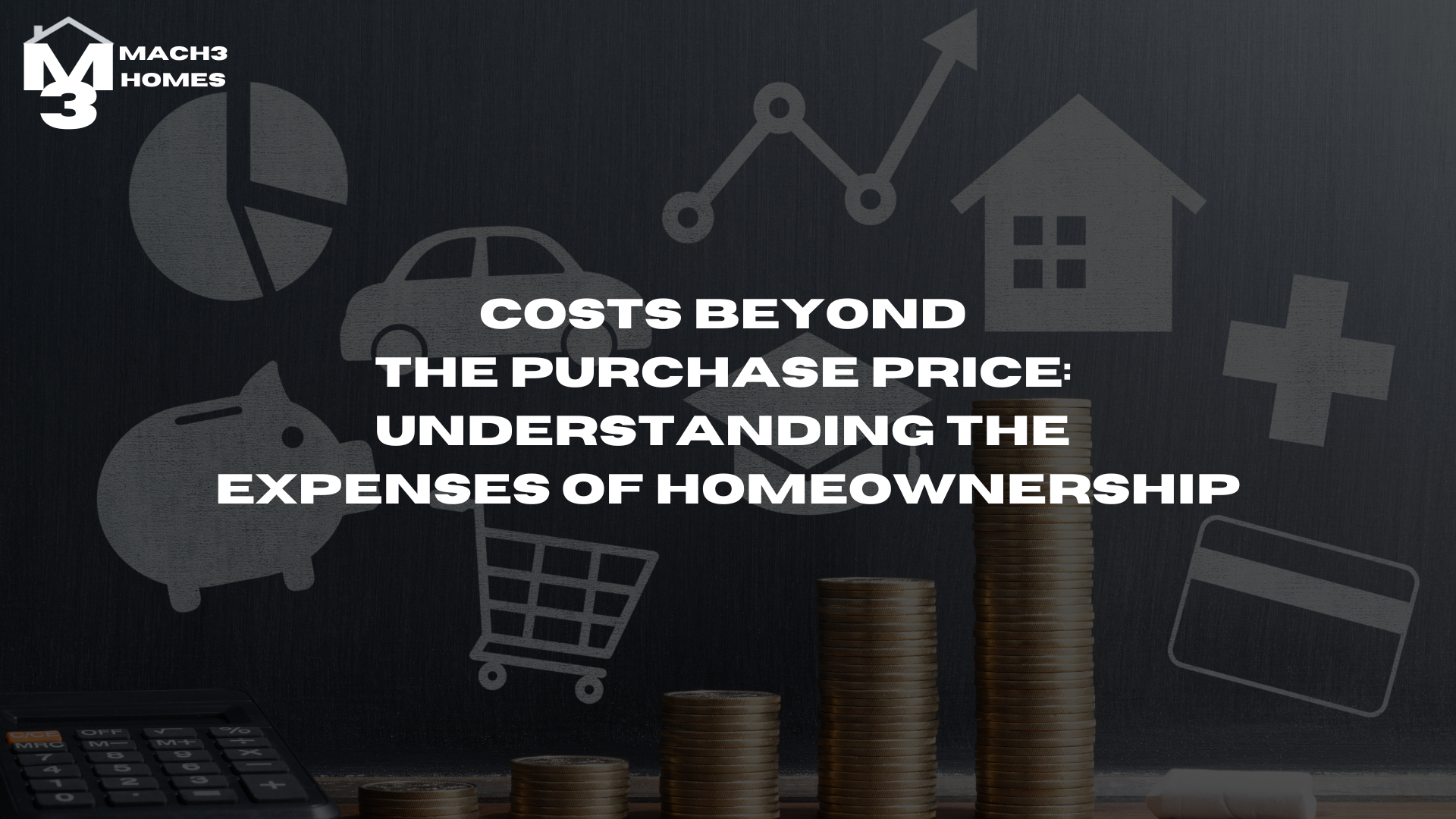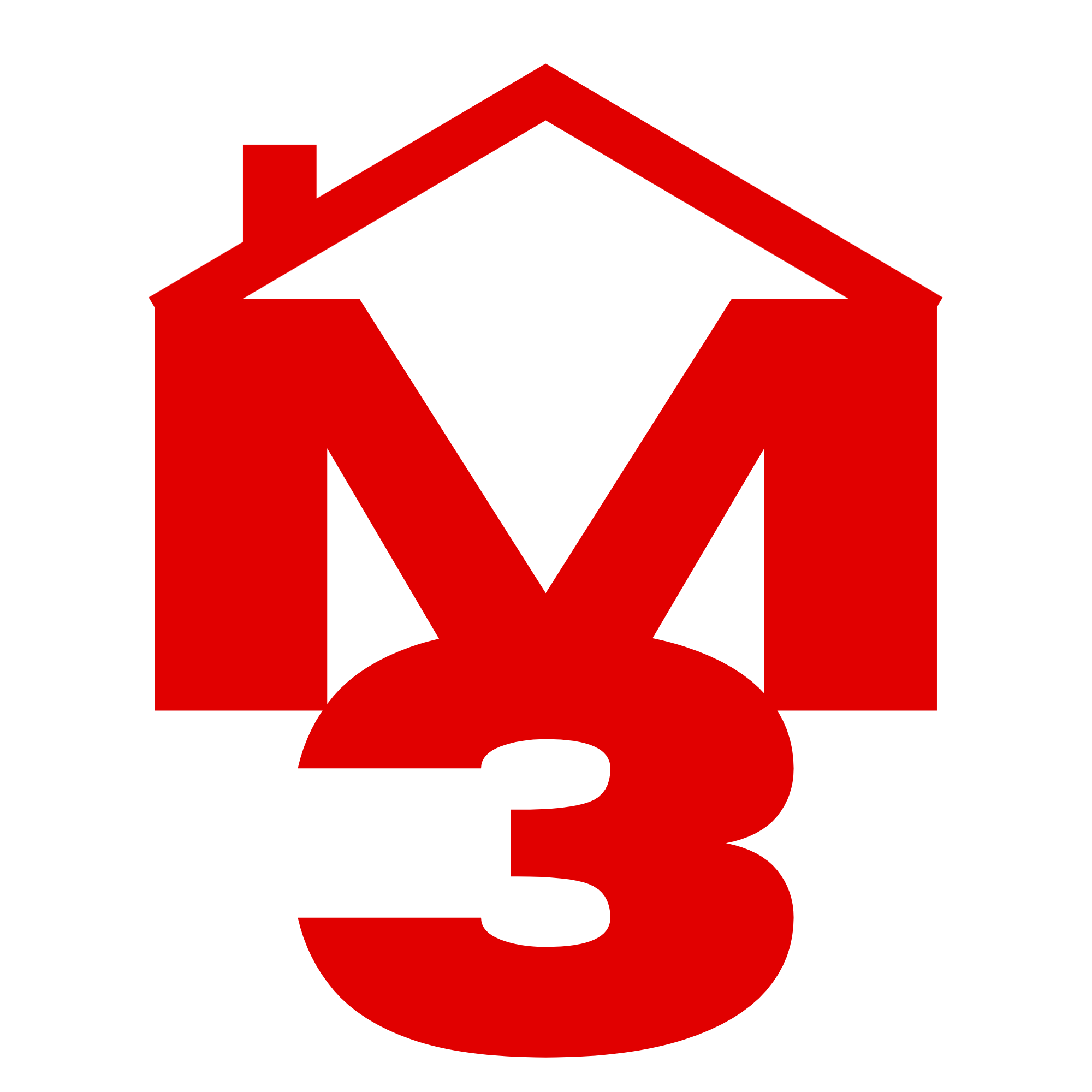
Costs Beyond the Purchase Price: Understanding the Expenses of Homeownership
Purchasing a home is a significant financial commitment that goes beyond the purchase price. To make informed decisions and plan your budget effectively, it’s crucial to understand the various additional costs associated with homeownership.
1. Property Taxes:
Annual Expense: Property taxes are assessed annually by local governments and are based on the assessed value of your property. The amount can vary significantly depending on your location.
2. Home Insurance:
Annual Expense: Homeowners insurance is essential for protecting your investment. The cost can vary based on factors like the size and location of your home.
3. Maintenance and Repairs:
Ongoing Expense: Homes require regular maintenance, which includes tasks like lawn care, HVAC servicing, and plumbing repairs. It’s wise to budget for these ongoing expenses.
4. Homeowner Association (HOA) Fees:
Monthly or Annual Expense: If your property is part of an HOA, you’ll be required to pay monthly or annual fees. These fees cover common area maintenance and amenities, but they can vary widely.
5. Utilities:
Monthly Expense: You’ll need to budget for utilities like electricity, gas, water, and sewage. The cost will depend on factors such as the size of your home and local utility rates.
6. Home Inspection and Appraisal:
Upfront Expense: Before closing on a home, you’ll need to pay for a home inspection and appraisal to assess the property’s condition and value.
7. Closing Costs:
Upfront Expense: Closing costs include various fees, such as loan origination fees, title insurance, attorney fees, and more. These costs can amount to 2% to 5% of the home’s purchase price.
8. Moving Costs:
Upfront Expense: Budget for expenses related to hiring movers, renting a moving truck, or transporting your belongings to your new home.
9. Home Improvement and Upgrades:
Optional Expense: Depending on your preferences and the condition of the property, you may want to budget for home improvements and upgrades, such as painting, remodeling, or new appliances.
10. Emergency Fund:
Savings: It’s advisable to maintain an emergency fund to cover unexpected expenses, such as major repairs or medical bills.
11. Property Management (if applicable):
Monthly Expense: If you plan to rent out the property, you may incur property management fees to handle tenant-related tasks and property maintenance.
Understanding the additional costs associated with homeownership is essential for responsible financial planning. By factoring in property taxes, insurance, maintenance, HOA fees, and other ongoing expenses, you can create a realistic budget and enjoy the benefits of homeownership while managing your financial obligations effectively.
